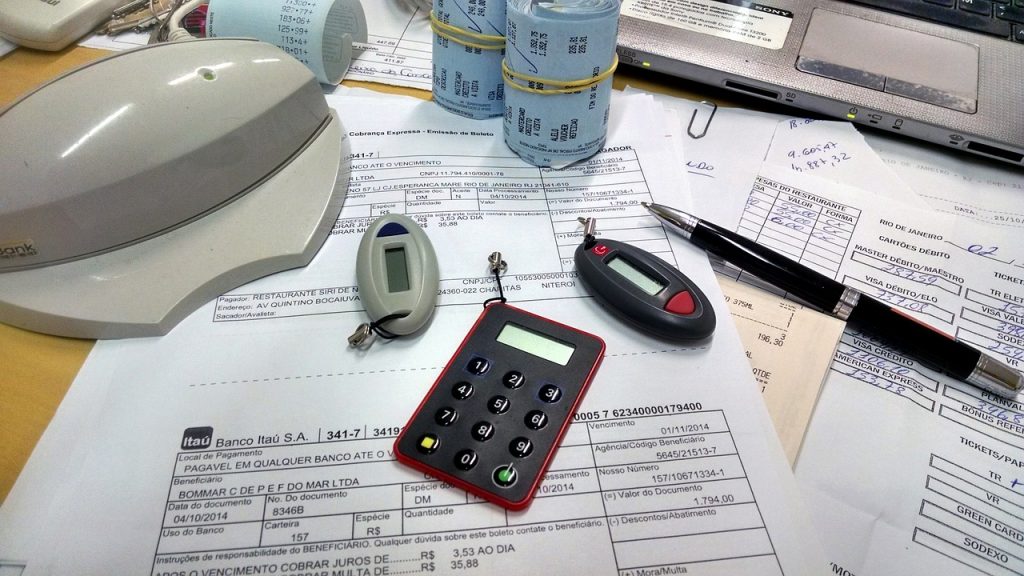Is it really possible to “audit proof” your tax return? In other words, can prepare your tax return in such a way that your audit risk is zero?
Of course not.
But there are certainly steps you can take to minimize your risk. Here’s three of them:
 Stop treating accounting as a once-a-year event in your business. Sounds crazy, but that’s exactly what many small business owners do. Are you running so hard on the day-to-day details that record-keeping gets pushed to the back burner? Don’t let bookkeeping be an after-thought in your business. “Audit-proofing” your return means having a system in place to document your expenses so that you can prove them as legitimate deductions if you’re ever audited.
Stop treating accounting as a once-a-year event in your business. Sounds crazy, but that’s exactly what many small business owners do. Are you running so hard on the day-to-day details that record-keeping gets pushed to the back burner? Don’t let bookkeeping be an after-thought in your business. “Audit-proofing” your return means having a system in place to document your expenses so that you can prove them as legitimate deductions if you’re ever audited.- Don’t think bank statements alone are enough ‘documentation’ to prove deductible expenses with an IRS auditor. Have receipts whenever and where ever possible. A check to Amazon or Sam’s or Office Depot could be a deductible business expense – but it could just as easily be a non-deductible personal purchase. The challenge is you’ll have to come up with the documentation when you’re in front of an IRS auditor, which can easily be 3 or 4 years after the purchase. I recommend you not only use accounting software (like QuickBooks) to record your expenses by category (ie., advertising, auto, bank fees, office supplies, etc.), but also keep actual receipts in a 9 x 12 envelope, one envelope per month, so they can easily be accessed down the road.
- Respect – don’t fear – the IRS. If you have a good system for daily record-keeping, you don’t have to be bashful about claiming legitimate deductions. One great example: meals and entertainment. The tax code allows you to deduct meals where business is discussed with a referral source, client, potential customer, or business colleague. The question I have for you is this: when do you NOT have lunch with a referral source, client, potential customer, or business colleague? Many taxpayers shy away from claiming meals in fear it might raise an audit flag. Then they end up wasting money on taxes they don’t have to pay.
If you’re self-employed or you own a business, your real challenge is proving the business purpose of your expense. The solution is to keep detailed written records.
- In addition to your accounting records, you should carry a diary or day planner to record your
 business appointments, who you met with, and for what purpose.
business appointments, who you met with, and for what purpose. - You can also download a smart-phone app like Mile IQ to document your mileage.
- And finally, outsource your bookkeeping. Bookkeeping is the single most important step in minimizing your audit risk and reducing Uncle Sam’s tax bite.
Outsourcing your books also means you’ll waste less time chasing bookkeeping details, and have more time for getting important customer projects done that will grow your business, and your cash flow.
